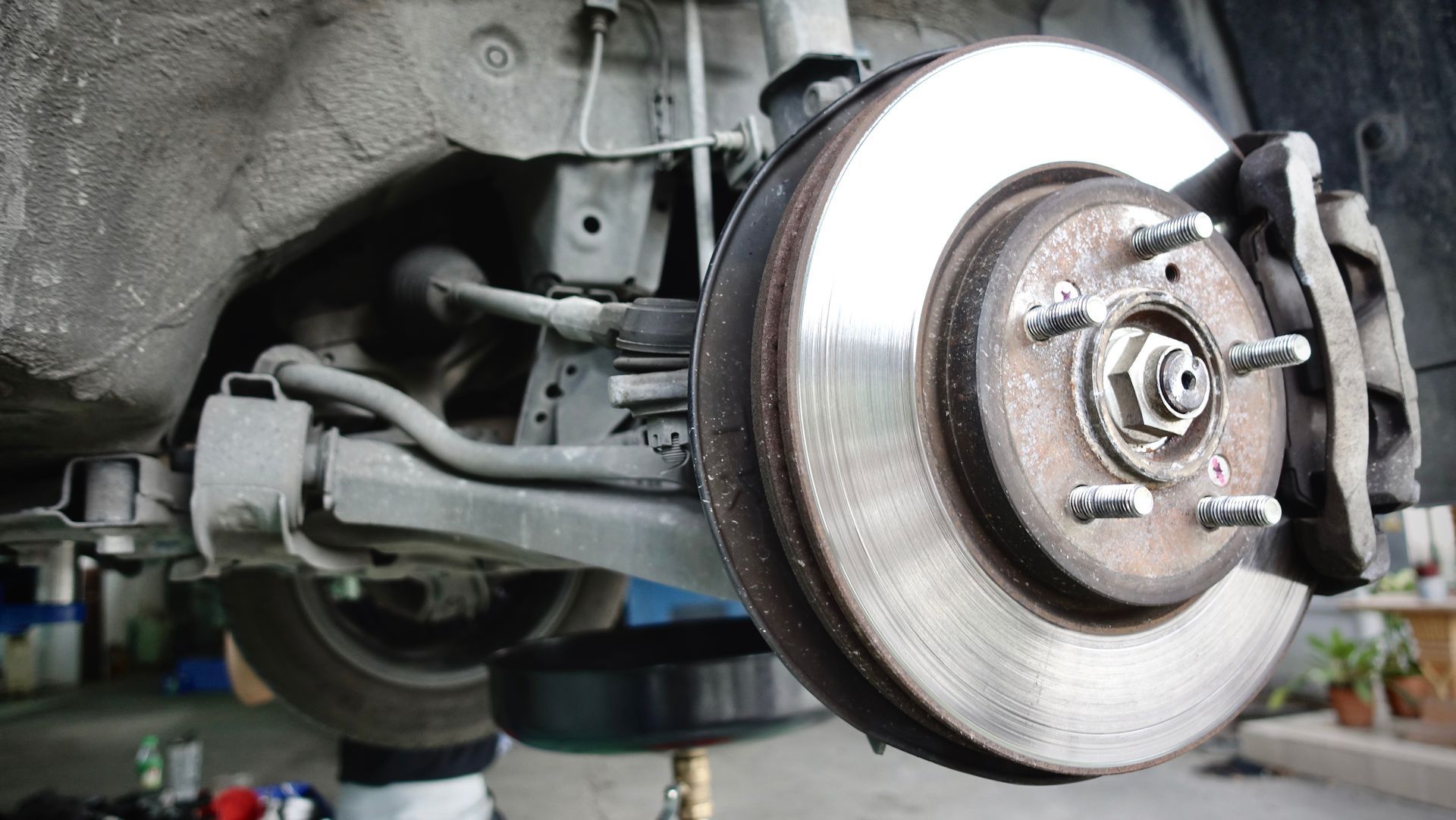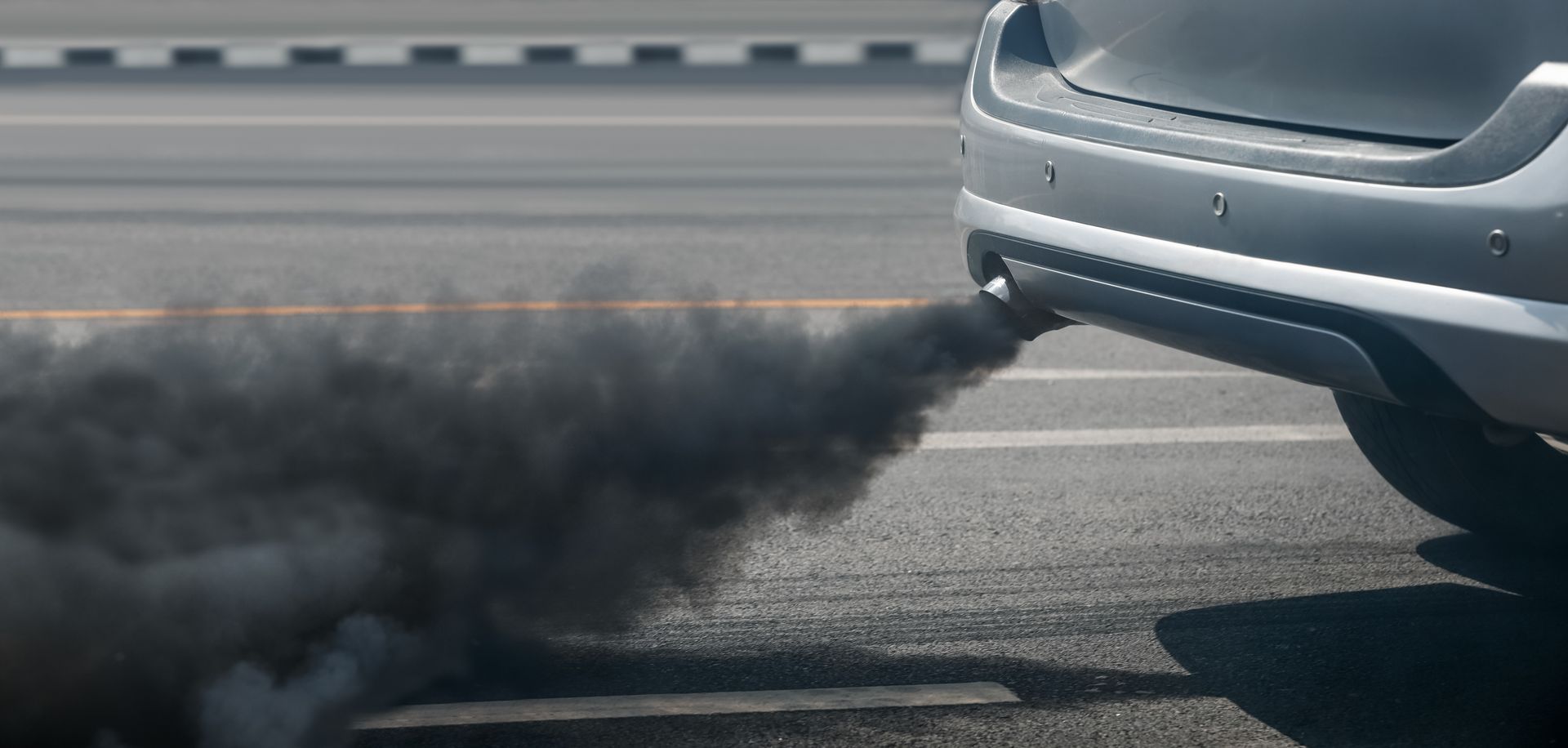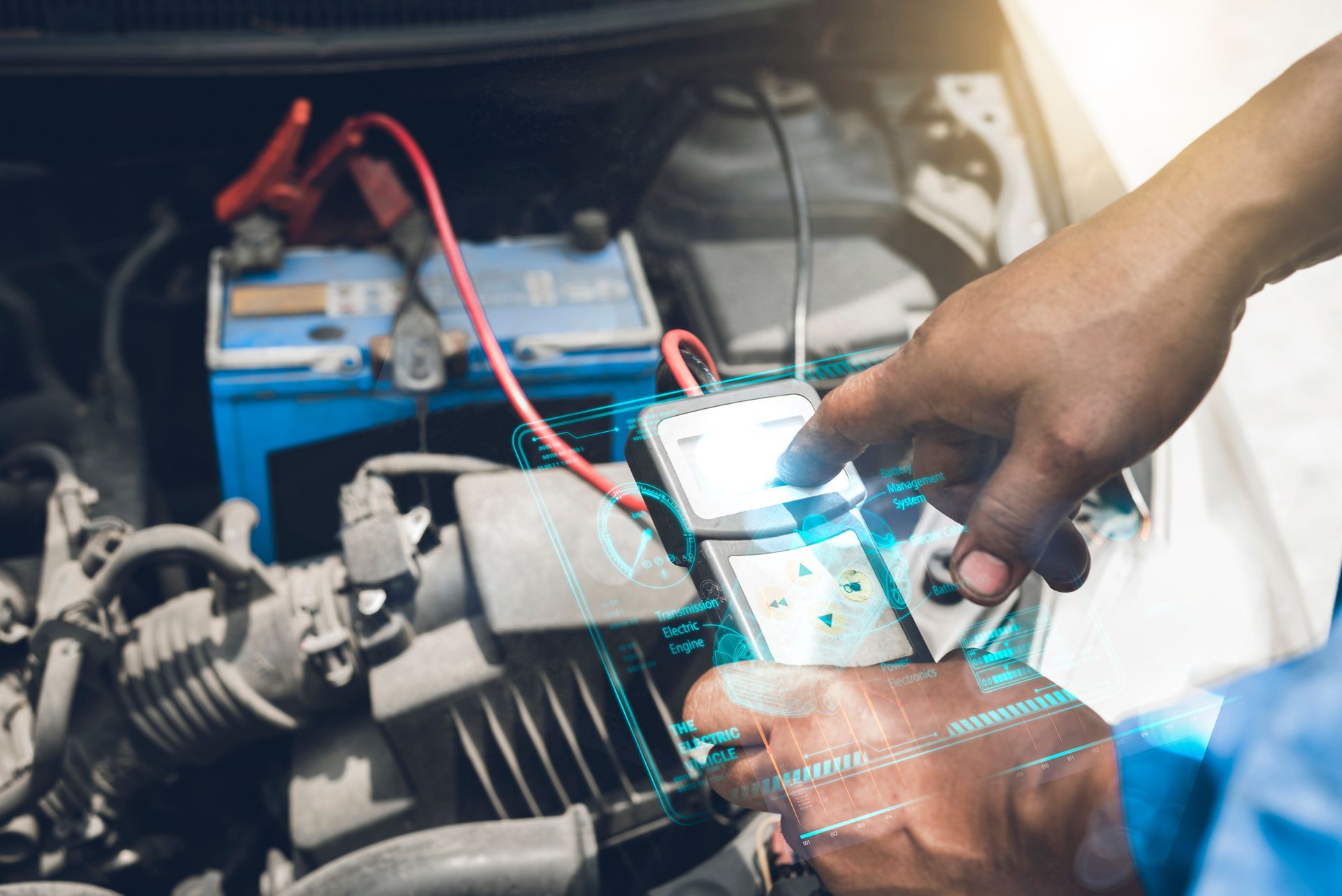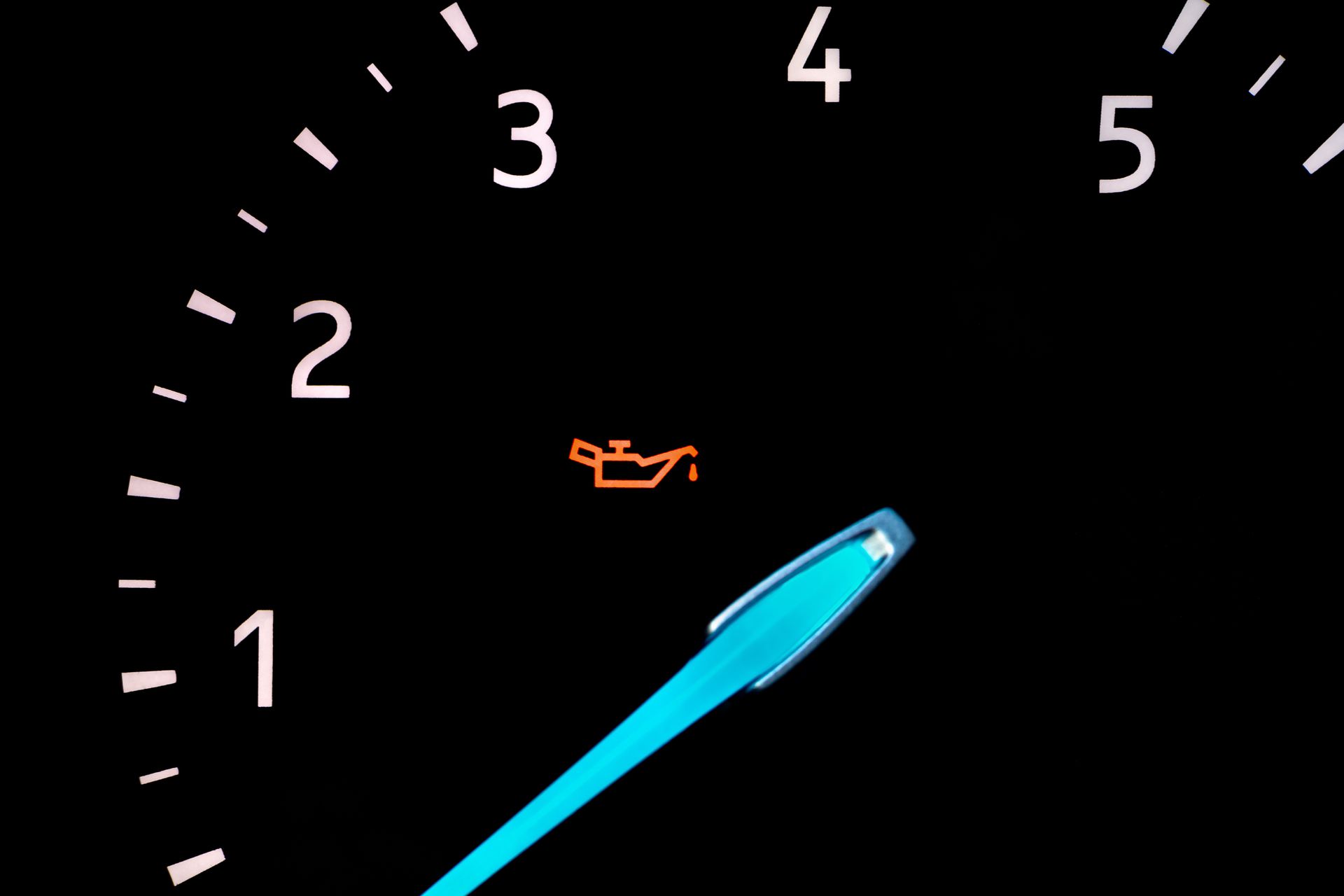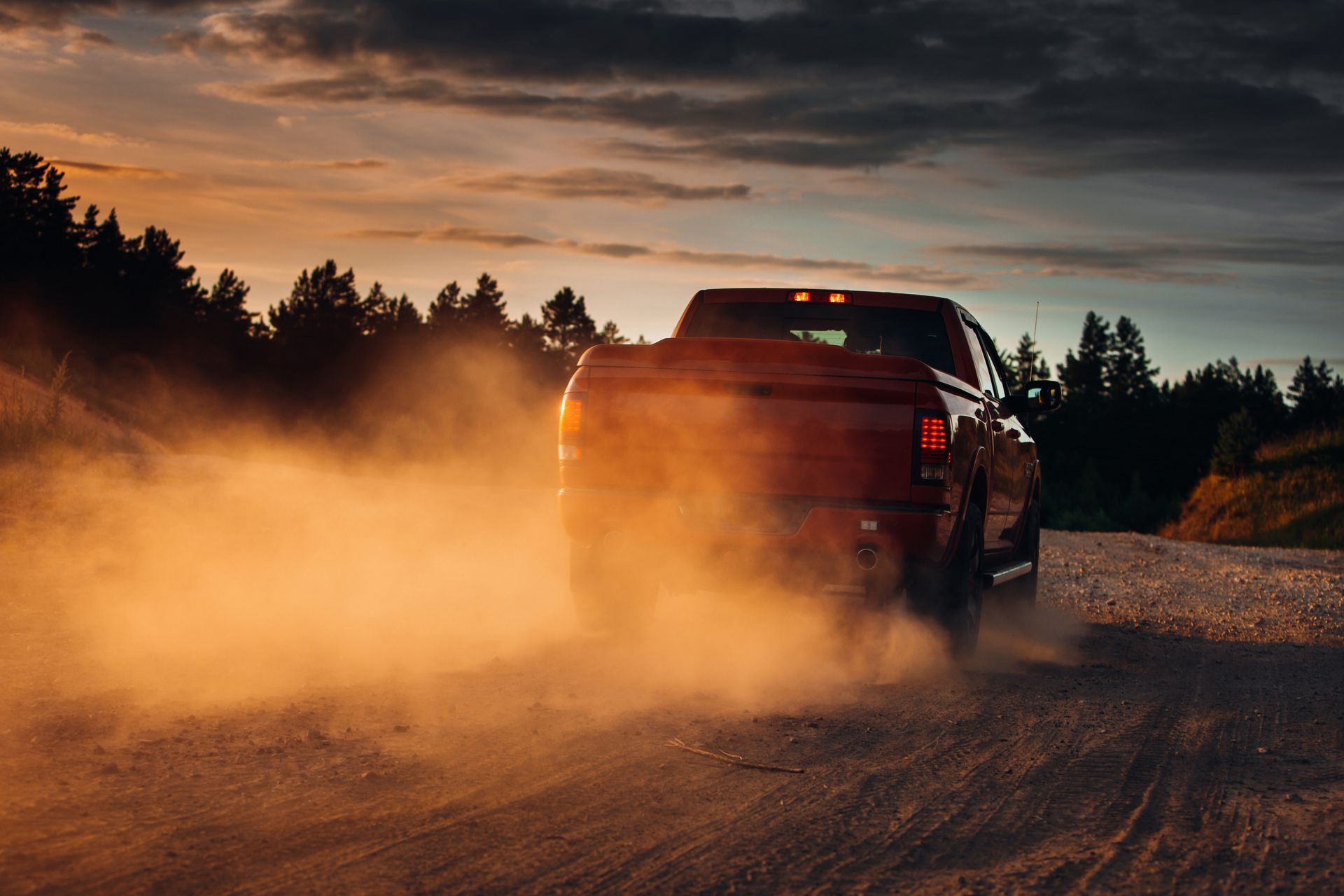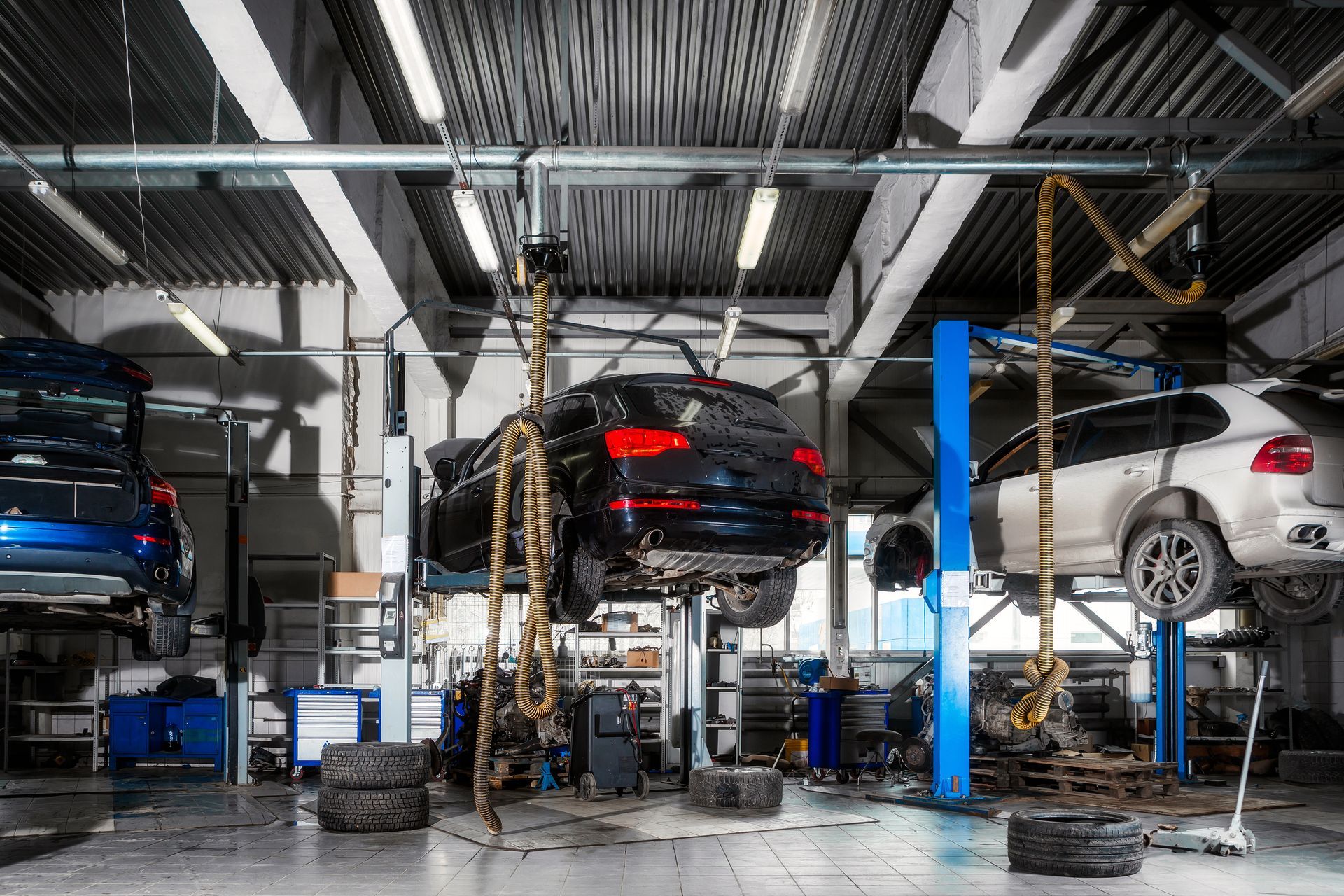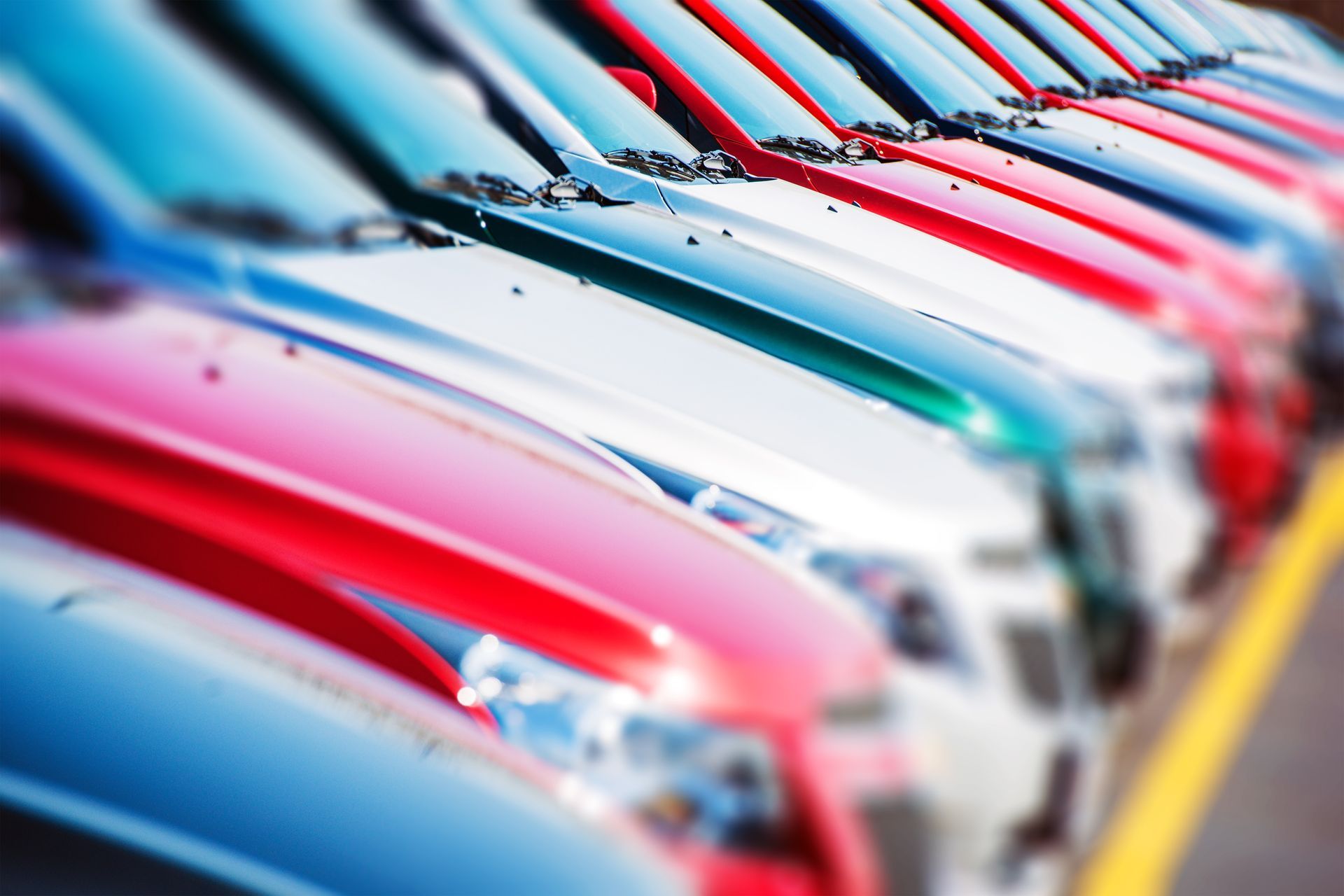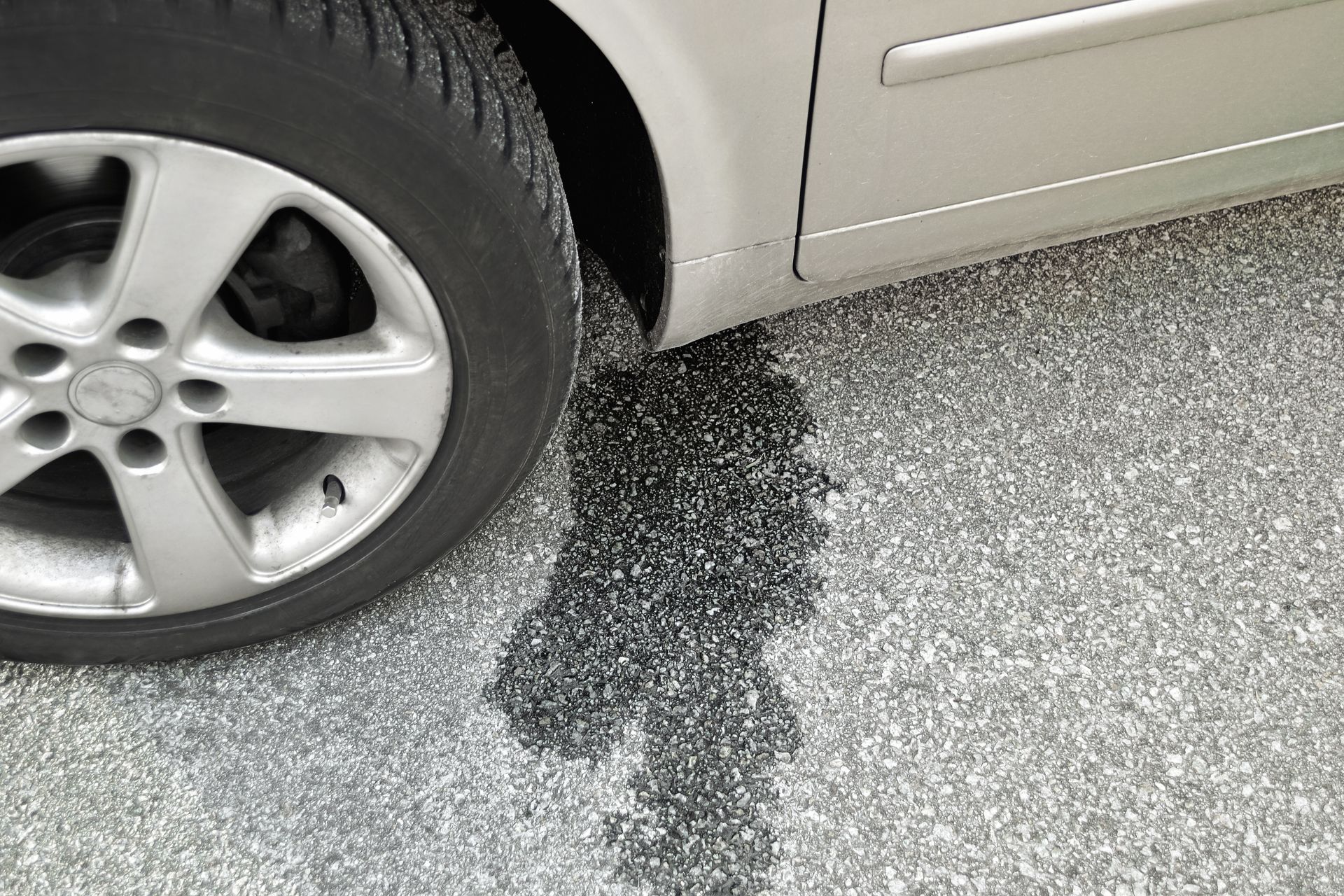Hearing a loud pop or bang from your car’s exhaust can be startling, and it often leaves drivers wondering if something’s seriously wrong. Exhaust backfires can happen when unburned fuel ignites within the exhaust system rather than in the engine’s combustion chamber. While it might seem like a minor issue at first, frequent backfiring can indicate underlying problems that shouldn’t be ignored.
Common Causes of Exhaust Backfire
Exhaust backfire happens for a variety of reasons, many of which stem from issues with the fuel and ignition systems. When fuel isn’t burned properly in the engine, it can pass into the exhaust system and ignite later, leading to that distinct popping sound. Some of the most common causes include:
Incorrect Air-Fuel Mixture
A well-balanced air-fuel mixture is crucial for efficient combustion. If your engine is running too rich (too much fuel) or too lean (too much air), it can result in unburned fuel escaping into the exhaust. This imbalance might be caused by a faulty sensor, clogged fuel injectors, or a malfunctioning mass airflow sensor.
Ignition Timing Issues
The timing of the ignition system plays a major role in ensuring the fuel-air mixture ignites at the right moment. If the spark plug fires too early or too late, it can lead to incomplete combustion, sending fuel into the exhaust where it ignites later. Worn spark plugs, bad ignition coils, or timing belt issues can all contribute to misfires that lead to backfiring.
Failing Exhaust Components
A damaged or leaking exhaust system can affect how gases flow through the pipes. When there are leaks, extra oxygen can enter the exhaust system, creating conditions that allow unburned fuel to ignite. This can put added stress on components like the catalytic converter and muffler.
Aftermarket Modifications
Performance upgrades, such as aftermarket exhaust systems or engine tuning, can sometimes throw off the delicate balance of your vehicle’s fuel delivery and ignition timing. While modifications can improve power and efficiency, they need to be carefully calibrated to prevent issues like backfiring.
Carbon Buildup in the Engine
Over time, carbon deposits can accumulate on valves and spark plugs, affecting the way the engine combusts fuel. These deposits can lead to incomplete combustion, leaving unburned fuel to exit through the exhaust. Regular maintenance and proper fuel additives can help prevent excessive carbon buildup.
Is Exhaust Backfire Dangerous
An occasional backfire may not necessarily harm your car, but frequent occurrences can lead to bigger problems down the road. The repeated explosion of unburned fuel can increase heat and pressure inside the exhaust system, potentially damaging critical components like the catalytic converter, muffler, and oxygen sensors. In severe cases, it can even impact engine performance and fuel efficiency.
If you notice backfiring alongside other symptoms such as reduced acceleration, poor fuel economy, or rough idling, it’s a sign that something might need immediate attention. Addressing the issue early can prevent costly repairs and keep your vehicle running reliably.
Preventing Exhaust Backfires
Keeping your vehicle in top condition is the best way to prevent backfiring and other performance issues. Regular maintenance checks, including inspecting spark plugs, fuel injectors, and sensors, can help catch potential problems before they escalate. It's also important to use high-quality fuel and follow the manufacturer’s recommended service schedule to ensure your engine operates efficiently.
If you’ve made modifications to your vehicle, make sure they are installed and tuned by professionals who understand the impact on fuel delivery and ignition timing. Proper tuning is key to maximizing performance without causing unwanted side effects like backfiring.
When to Seek Professional Help
If you are experiencing persistent exhaust backfires, it's important to have your vehicle inspected by an expert. A professional technician can diagnose the root cause, whether it is a fuel system issue, an ignition timing problem, or an exhaust leak. If you're in Texas, visit one of our repair shops, where our technicians will conduct a thorough inspection and recommend the appropriate solutions to restore your car's optimal performance.
Experiencing frequent exhaust backfires? Let
Kwik Kar Auto Repair on Parker Road, Plano, TX,
diagnose and fix the issue before it leads to costly repairs. Schedule your appointment today!
